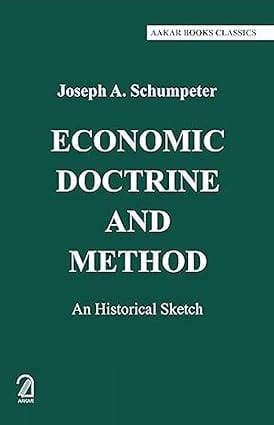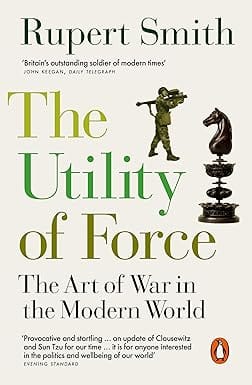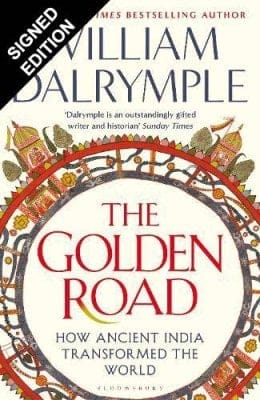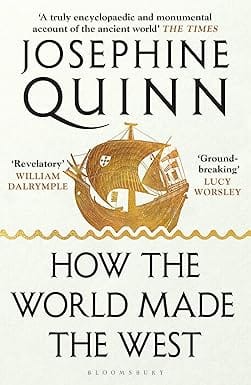WELCOME TO MIDLAND BOOK SHOP!
SHOP FOR
-
Contemporary Fiction
- Contemporary Fiction
-
Children
- Children
-
Comics & Graphic Novels
- Comics & Graphic Novels
-
Non-Fiction
- Non-Fiction
-
Fiction
- Fiction
Shop No.20, Aurobindo Palace Market, Hauz Khas, Near Church +91 9818282497 | 011 26867121
110016
New Delhi
IN
Midland The Book Shop ™
Shop No.20, Aurobindo Palace Market, Hauz Khas, Near Church +91 9818282497 | 011 26867121
New Delhi,
IN
+919871604786
https://www.midlandbookshop.com/s/607fe93d7eafcac1f2c73ea4/677cda367903fd013d69b606/without-tag-line-480x480.png"
[email protected]
9789350026458
66ba05708497430024c03527
Economic Doctrine And Method An Historical Sketch
https://www.midlandbookshop.com/s/607fe93d7eafcac1f2c73ea4/66ba05718497430024c0352f/51pnqsejupl-_sy425_.jpg
9789350026458
Almost every aspect of economics now rejoices in an ample literature, but there remains a curios shortage of competent books on the history of economic thought. It is for this reason amongst others that the late Professor Schumpeter’s brilliant early treatment of the development of Economic ideas is so highly valued. This classic little book is divided into four sections: the first chapter gives a broad survey of economic thought from the days of Aristotle to the beginnings of modern times, the second chapter traces the development of the conception of the circular flow of economic forces, the third deals with the main theorems of the classical flow of economists, and the fourth chapter describes the genesis of the school of marginal utility.
out of stock
INR
280
1
1
Email ID already exists!
Your Current password is incorrect
Password Updated Successfully
Thanks for your Feedback
Economic Doctrine And Method An Historical Sketch
ISBN:
9789350026458
₹280
₹350
(20% OFF)
SIZE GUIDE
Back In Stock Shortly - Fill The Book Request Form
Sold By:
Hauz Khas - Aurobindo Market
Details
- ISBN: 9789350026458
- Author: Joseph A Schumpeter
- Publisher: Aakar Books
- Pages: 207
- Format: Paperback
Book Description
Almost every aspect of economics now rejoices in an ample literature, but there remains a curios shortage of competent books on the history of economic thought. It is for this reason amongst others that the late Professor Schumpeter’s brilliant early treatment of the development of Economic ideas is so highly valued. This classic little book is divided into four sections: the first chapter gives a broad survey of economic thought from the days of Aristotle to the beginnings of modern times, the second chapter traces the development of the conception of the circular flow of economic forces, the third deals with the main theorems of the classical flow of economists, and the fourth chapter describes the genesis of the school of marginal utility.
Related Books
User reviews
NEWSLETTER
Subscribe to get Email Updates!
Thanks for subscribing.
Your response has been recorded.

India's Iconic & Independent Book Store offering a vast selection of books across a variety of genres Since 1978.
"We Believe In The Power of Books" Our mission is to make books accessible to everyone, and to cultivate a culture of reading and learning. We strive to provide a wide range of books, from classic literature, sci-fi and fantasy, to graphic novels, biographies and self-help books, so that everyone can find something to read.
Whether you’re looking for your next great read, a gift for someone special, or just browsing, Midland is here to make your book-buying experience easy and enjoyable.
We are shipping pan India and across the world.
For Bulk Order / Corporate Gifting
 +91 9818282497 |
+91 9818282497 |  [email protected]
[email protected]
Click To Know More
INFORMATION
POLICIES
ACCOUNT
QUICK LINKS
ADDRESS
Midland Book Shop - Hauz Khas
Shop No.20, Aurobindo Palace Market, Near Church, New Delhi
Shop No.20, Aurobindo Palace Market, Near Church, New Delhi














